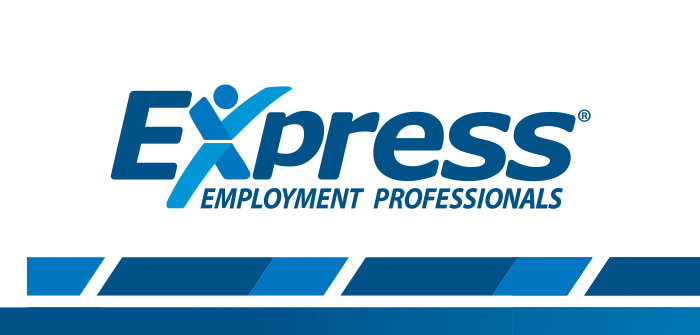3 Ways Social Media Has Redefined Workplace Communication
Source: Express Employment
Today, more and more of our lives are chronicled online, a trend that will only become more prevalent in the years to come as social media continues to infiltrate every aspect of daily life. In many ways, we’re only beginning to understand the impact of our increasingly connected existence and the effects social media will have on the way we communicate with the world around us.
In the business world, social media is often seen as both a valuable asset and a constant distraction. However, the companies that make an effort to embrace technology and learn to grow with it will be better prepared to take advantage of its potential as a powerful relationship-building tool.
We know more about each other’s personal lives
One of the stranger phenomena you may have encountered while scrolling through your Facebook news feed is that even the quietest and most reserved people often have no qualms about sharing their lives—warts and all—on social media. People often live very different lives outside the office, and with the proliferation of social platforms, it’s easier than ever to learn more about a co-worker’s personal life. And, that isn’t necessarily a bad thing. Of course, there is potential that a co-worker’s life outside the office could be a source of conflict, but in many cases, it can spark a conversation about shared interests, highlight other skills and accomplishments, or help provide a deeper understanding about what motivates people to perform at work.
We’re more distracted
Although this one can apply to the ubiquity of technology in general, for many people, access to social media in the palm of your hand makes for an all too easy distraction from work. According to a recent Pew Research Center survey, 34% of respondents said they use social media to take a mental break, and 27% connect with friends and family while at work. Though not inherently bad, such distractions can become a significant obstacle for companies struggling to engage and focus their workforces. In fact, the survey also revealed that 51% of respondents said their workplace has rules about using social media at work—however 77% of that group admitted to using it regardless of the policies.
However, social media distractions aren’t entirely counterproductive. Results from the Pew survey also showed that workers also use social media to make professional connections (24%), solve problems (20%), and strengthen workplace relationships (17%). The key is to encourage moderation by setting clear expectations combined with some flexibility for social media use at work.
We’re more informed about customers
Social media feedback is nearly instantaneous, and a business’ communication with consumers has never been more targeted. Behind the scenes of every platform are complex algorithms that help social media companies like Facebook target promotional content custom-tailored to appeal to your interests and activities. Businesses that invest in understanding how to use this kind of targeted communication to promote their brand are in a better position to create deeper relationships with people who use their products and build new relationships with those who don’t.
It’s also easier than ever for consumers to communicate with businesses—often very publicly. Research from rating company J.D. Power found that 67% turn to social networks for customer service, with 33% preferring social media to the telephone when reaching out for help or information. In fact, many companies now employ entire teams to manage their social media presence in response to this shift in the way consumers communicate with brands.
We’re Only Becoming More Social:
From the way we communicate at work to how we interact with family and friends; social media is here to stay and will continue to evolve to become more intertwined with our daily lives.
About the Editor and Translator
Lessie Correa graduated from California State University, at Long Beach, with a B.A. in Liberal Arts with a concentration on Mexican-American Studies. She held a Bilingual, Spanish-English, Credential for Kindergarten through 12th grade. She taught in Los Angeles School District at three different elementary schools. Her last five years there, she taught in the Bilingual High Ability Gifted Program at Euclid Elementary.
In 1994, she moved to Tallahassee and decided to teach at George W. Munroe Elementary School in Quincy, Gadsden County. The summers of 2001 and 2002 she was awarded a scholarship to study in Spain. She attended Universidad de Salamanca in Salamanca, Spain to master teaching bilingual students.
She retired in 2013.



